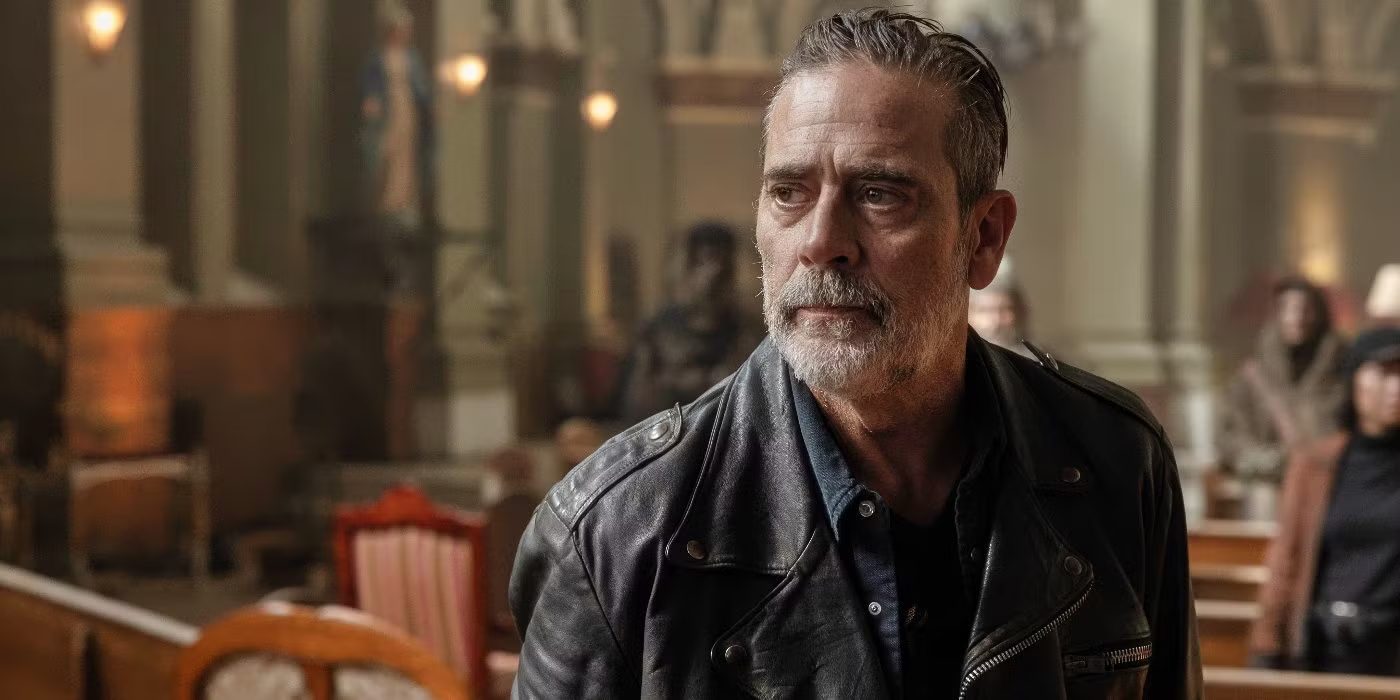TL;DR: The Walking Dead: Dead City Season 2, Episode 7 is the show’s most emotionally resonant and thematically mature hour yet. It’s not just a survivalist horror detour; it’s a haunted meditation on grief, redemption, and the fragile scaffolding of second chances.
The Walking Dead: Dead City Season 2
Somewhere between the ghost-infested hospital and the vertigo-inducing glass bridge, Dead City finally became a show worth its blood-soaked weight in legacy. I don’t say that lightly. For the better part of two seasons, the show felt like a clumsy extension of a franchise that peaked somewhere around the prison arc. It stumbled through familiar terrain: grim survivors, grimmer choices, and a whole lot of recycled pathos. But in Episode 7, subtitled “Novi Dan, Novi Početak” (Croatian for “New Day, New Beginning”), Dead City stops pretending to be a gritty reboot and instead becomes something rarer: a ghost story about the people we used to be, and the ones we still owe something to.
Let’s get this out of the way: Negan is still a hard sell. Jeffrey Dean Morgan has spent years trying to rethread a character originally introduced as a bat-swinging psychopath into a remorseful antihero. For many fans (myself included), it hasn’t always worked. But Episode 7 hands him something that cuts through all the gruff machismo: vulnerability. When Negan cradles an unconscious Ginny, telling her about Lucille, Annie, and all the lives he’s failed, it’s not redemptive so much as honest. For the first time in ages, he isn’t trying to spin a tale. He just hurts. And that matters.
But the real standout here is Maggie. Lauren Cohan has been low-key brilliant all season, simmering with grief, desperation, and barely-contained rage. Her scenes with the Croat—especially the glass bridge set piece—aren’t just suspenseful, they’re allegorical. That bridge isn’t just a death trap; it’s Maggie’s psyche laid bare. Every step forward is a denial of despair. When she almost gives in to the void, it’s not because she’s weak. It’s because she finally lets herself feel how exhausted she is.
Then there’s the Croat. Zeljko Ivanek delivers a performance that swings between eerie calm and haunted regret. He’s a villain, sure, but in the nuanced way that good post-apocalyptic stories allow. His confession—that he wanted Maggie to kill him—isn’t a trick. It’s a surrender. This man doesn’t want forgiveness; he wants the pain to end. And in a show that often confuses brutality for drama, that’s a shockingly delicate beat.
Stylistically, Episode 7 leans into the uncanny. The hospital, filled with child walkers in catatonic states, is a masterstroke of nightmare logic. Negan hallucinating Lucille and Annie as he stumbles through the ruins? Chilling and oddly beautiful. And the final twist—the Dama isn’t dead, and she’s back with a vengeance—lands like a sucker punch. It resets the board just as you think you’ve seen the final move.
Thematically, this is a story about the cost of survival. Not in the old “who do we kill to stay alive” way, but in the “what part of yourself did you abandon just to keep breathing” sense. Maggie, Negan, and even the Croat are all walking corpses in their own right, staggering toward something resembling redemption. But Episode 7 makes it clear: there’s no fresh start without blood.
And yet, there is grace here. In Maggie finding Hershel. In Negan bringing back that breathing machine. In the Croat’s quiet goodbye. It’s a brutal grace, like everything in Dead City, but it lingers.
For a franchise infamous for spinning its undead wheels, Episode 7 of Dead City finally gives us a reason to care again. It’s haunted, heartfelt, and harrowing. More of this, please.







